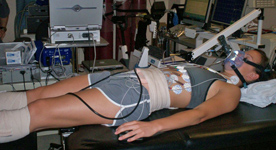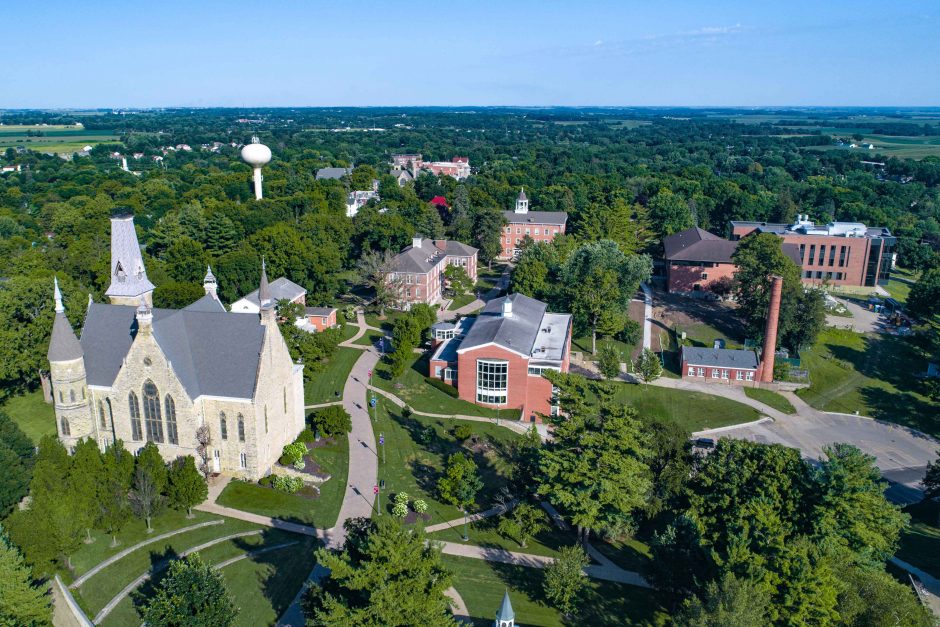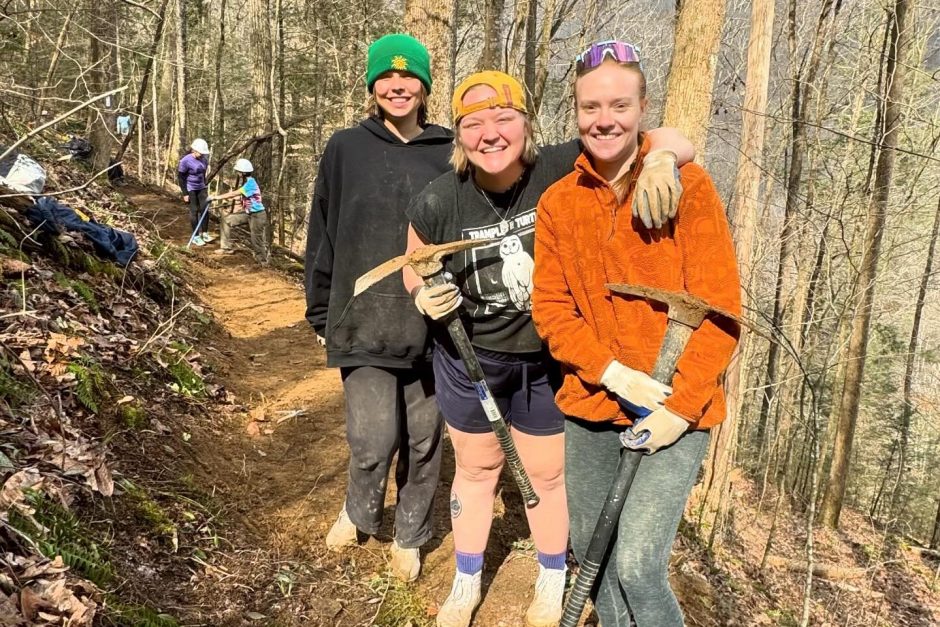Research and Operation Walk inspire kinesiology major to med school
Amanda Jepson chose to major in exercise science with the idea of becoming a physical therapist, but a life-changing block in Peru with Operation Walk changed her mind. She’s now planning for medical school and has found exercise science to be an excellent avenue for gaining serious research skills.

Amanda Jepson chose to major in exercise science with the idea of becoming a physical therapist, but a life-changing block in Peru with Operation Walk changed her mind. She’s now planning for medical school and has found exercise science to be an excellent avenue for gaining serious research skills.
During Operation Walk, Jepson assisted with many aspects of joint replacement surgeries, including preparing surgical equipment, assisting with anesthesia, observing surgeries, closing incisions, and performing physical therapy after surgery. She says she came to appreciate all aspects of the process, especially due to the gratitude expressed by one of her patients.
“She praised the doctor and me and thanked both of us for everything we did for her and her family. Her entire family was there to thank us, and it made me realize that not only were we helping a patient, but we helped her whole family by giving her a surgery that made her more functional and able to do things with her family she had not done in years,” Jepson says.
Back on campus, Jepson spent the summer of 2007 at Cornell investigating the physiological and psychological effects of acute moderate sleep deprivation (2-4 hours of sleep). While many studies had shown the effects of long-term sleep deprivation, her research with Dr. Julia Moffitt showed that even a single night’s poor sleep can have measureable effects on physical performance and mood.
Jepson says Moffitt gave her a great deal of independence in the lab to develop experiments, perform cardiovascular measurements, analyze the data, and write up her results. The highlight of the project came when she and Emily Decker ’07 joined Moffitt in presenting their results at the American College of Sports Medicine’s annual meeting in Indianapolis.
“I felt very honored because it is not common that undergraduates get the opportunity to present at that high of a level, and professionals in the field were impressed with what Emily and I accomplished,” Jepson says.
The following summer, she landed a research position with Case Western Reserve University at the Rainbow Babies and Children’s Hospital in Cleveland, Ohio, where she studied the dynamic response of hemoglobin and myoglobin oxygenation and deoxygenation levels at rest and during exercise. She also assists Cornell professor Melinda Green during the school year with psychology studies on body dissatisfaction.
Following graduation, Jepson hopes to spend a year as a research assistant or in a clinical setting in order to gain more experience before attending medical school.



